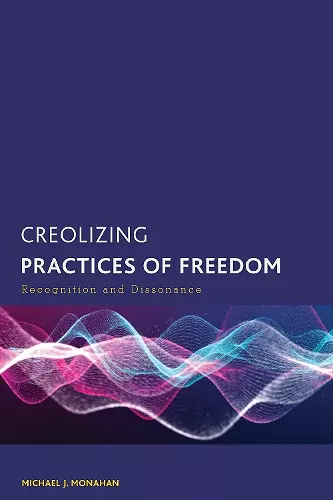Creolizing Practices of Freedom
Recognition and Dissonance
Format:Hardback
Publisher:Rowman & Littlefield
Published:29th Nov '22
Should be back in stock very soon

Creolizing Practices of Freedom argues that many of our long-standing debates over the concept of “freedom” have been bound up in “the politics of purity” – explicitly or implicitly insisting on clear and distinct boundaries between self and other or between choice and coercion. In this model, “freedom” becomes a matter of purifying the “self” at the individual level, and the body politic at the larger social level. The appropriate response to this is a “creolizing” theory of freedom, an approach that sees indeterminacy and ambiguity not as tragic flaws, but as crucial productive elements of the practice of freedom. Using debates about the “politics of recognition” as a central example, the book argues that both contemporary proponents and critics of recognition theory fall prey to the politics of purity. Building on a reappropriate of the Hegelian origins of recognition theory the book advances a reading of recognition in which “recognition” is a necessarily open-ended, dynamic, and relational account of human subjectivity in which freedom in this creolizing sense emerges as an aim. Arguing further that any appropriate theorization of freedom as creolizing must itself engage in an open-ended and productive encounter with different approaches and traditions, the book draws upon the work of Steve Biko, Gloria Anzaldúa, Sylvia Wynter, and Lewis Gordon to further enrich and elaborate the emerging account of freedom as a creolizing practice. Key to the development of this account of freedom is a recurring appeal to the sonic. Oppression operates as a mode of “destructive interference,” like a kind of white noise, and freedom operates as mode of “constructive interference” where human activity is mutually-enhancing and directed toward reciprocity or “resonance.”
ISBN: 9781538174616
Dimensions: 236mm x 159mm x 22mm
Weight: 503g
206 pages